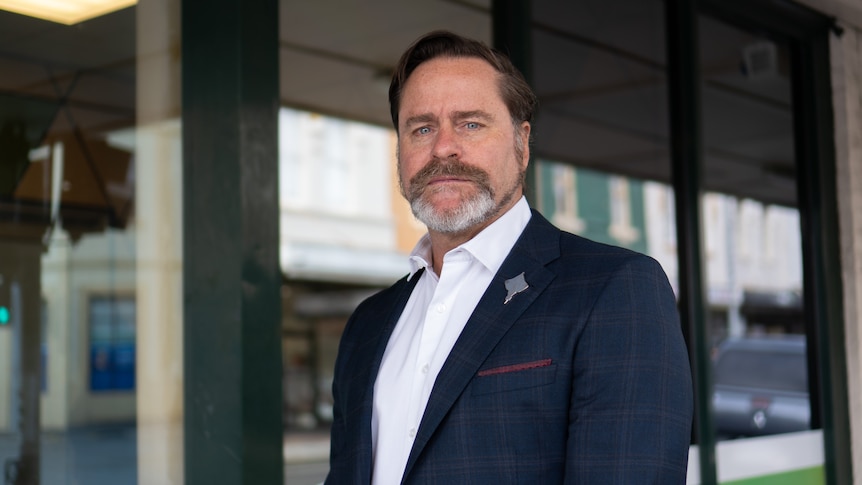Peter Whish-Wilson highlights that the UN has identified climate disinformation as a major obstacle to global climate action, with various interests spreading lies on social media to distort public debate and policy. He underscores the importance of determining the sources and funding behind these disinformation efforts, mentioning that similar campaigns have been observed in areas like the voice referendum in Australia.
Whish-Wilson references a US Congress inquiry that revealed fossil fuel companies’ significant investments in universities and publications to give their misleading information credibility through think tanks. This creates confusion, making it harder for audiences to discern the truth. He shares a personal experience from Ningaloo Reef, where reports on its deteriorating condition clashed with narratives from media supported by think tanks.
He notes an ongoing Senate inquiry into these issues, with submissions being accepted and expected reporting next year, though it may take longer. Whish-Wilson encourages anyone with expertise to contribute to the investigation into the complexities surrounding disinformation.



